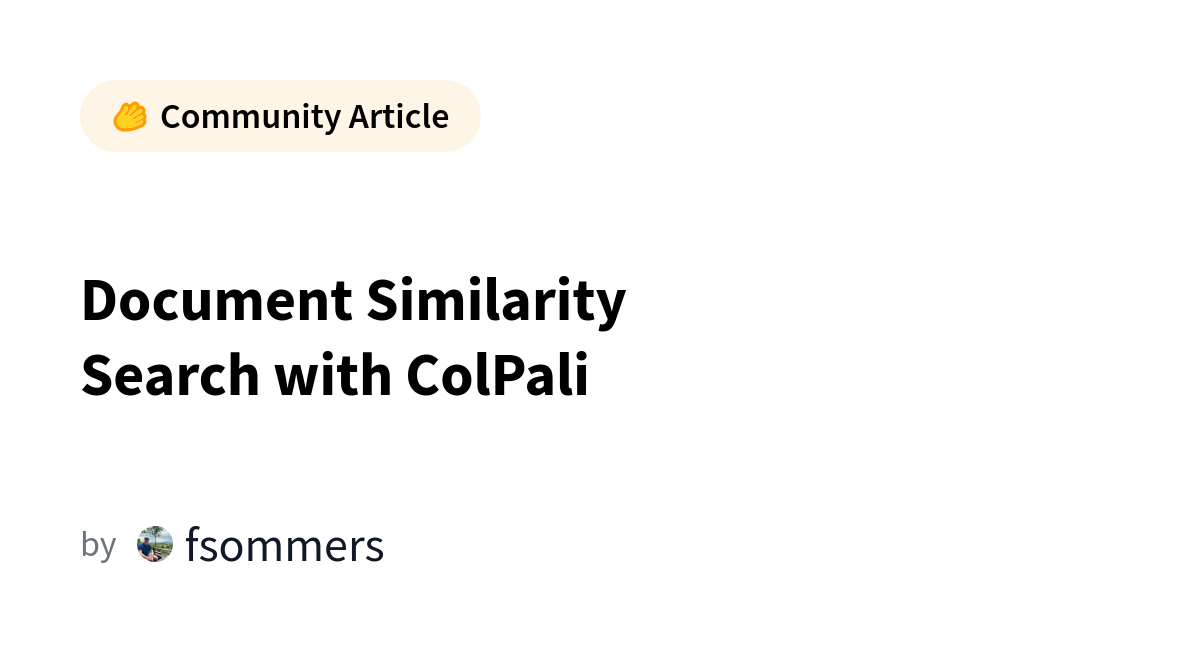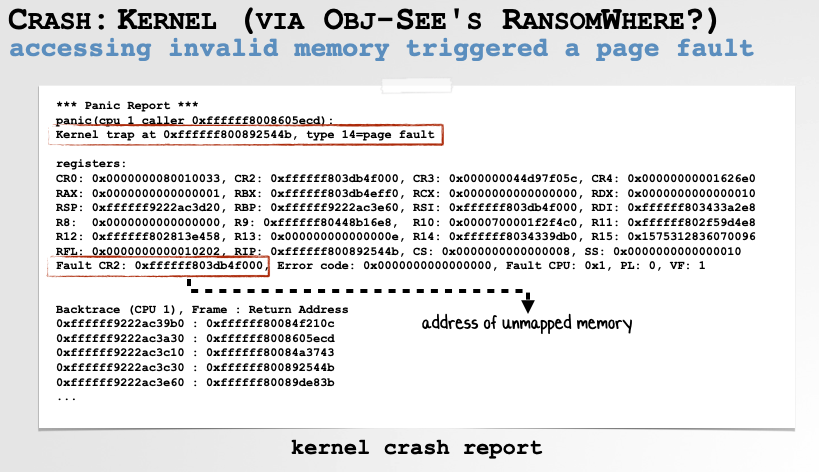Transcendental Meditation
Transcendental Meditation (TM) is a form of silent meditation developed by Maharishi Mahesh Yogi derived from ancient Indian Vedas. The TM technique involves the silent repetition of a mantra or sound, and is practiced for 15–20 minutes twice per day. It is taught by certified teachers through a standard course of instruction, which costs a fee that varies by country. According to the Transcendental Meditation movement, it is a non-religious method that promotes relaxed awareness, stress relief, self-development, and higher states of consciousness. The technique has been variously described as both religious[ 2] and non-religious.[ nb 1]
Maharishi began teaching the technique in India in the mid-1950s.[ 1] Building on the teachings of his master, the Hindu Advaita monk Brahmananda Saraswati (known honorifically as Guru Dev), the Maharishi taught thousands of people during a series of world tours from 1958 to 1965, expressing his teachings in spiritual and religious terms.[ 1] [ 7] TM became more popular in the 1960s and 1970s as the Maharishi shifted to a more secular presentation, and his meditation technique was practiced by celebrities, most prominently members of the Beatles and the Beach Boys. At this time, he began training TM teachers. The worldwide TM organization had grown to include educational programs, health products, and related services. Following the Maharishi's death in 2008, leadership of the TM organization passed to neuroscientist Tony Nader.
Research on TM began in the 1970s. A 2012 meta-analysis of the psychological impact of meditation found that Transcendental Meditation had a comparable overall effectiveness to other meditation techniques in improving general wellbeing, but might have distinctive effects on specific psychological variables.[ 8] A 2017 overview of systematic reviews and meta-analyses indicates TM practice may lower blood pressure, an effect comparable with other health interventions. Because of a potential for bias and conflicting findings more research is needed.[ 9] [ 10]



















